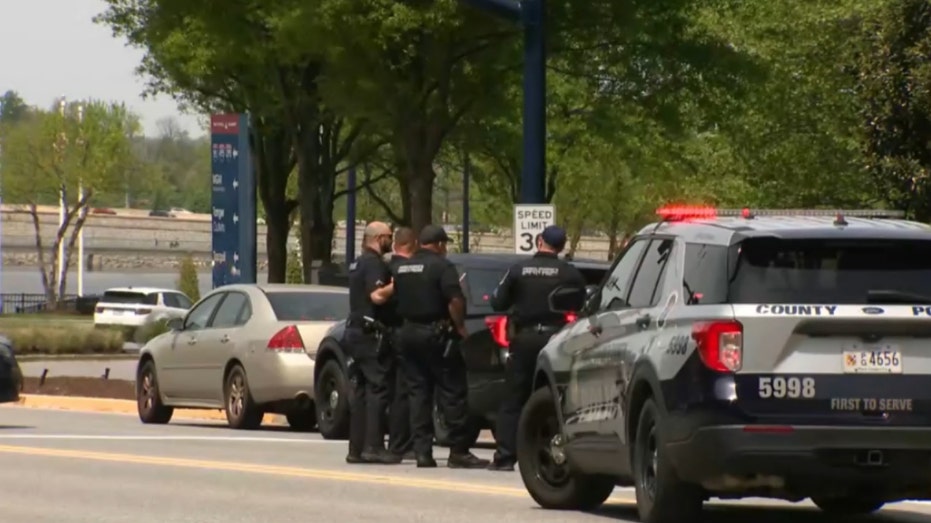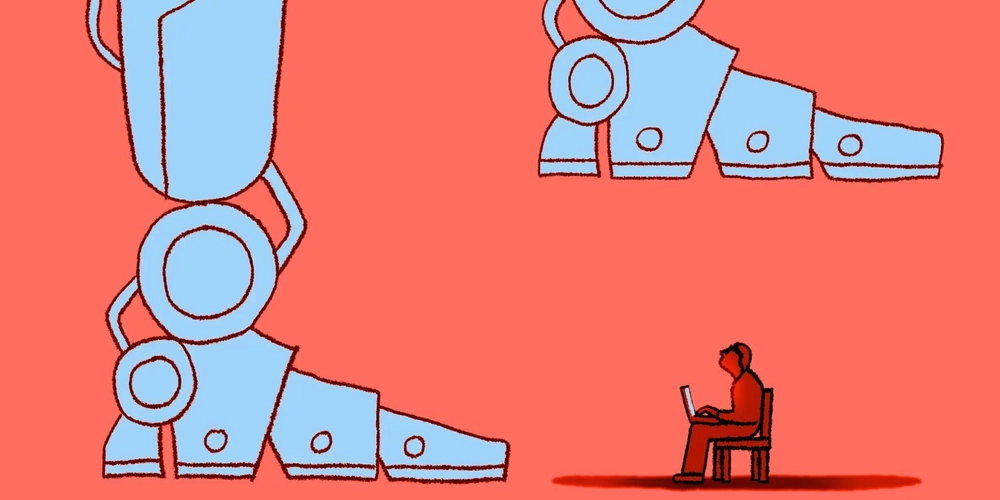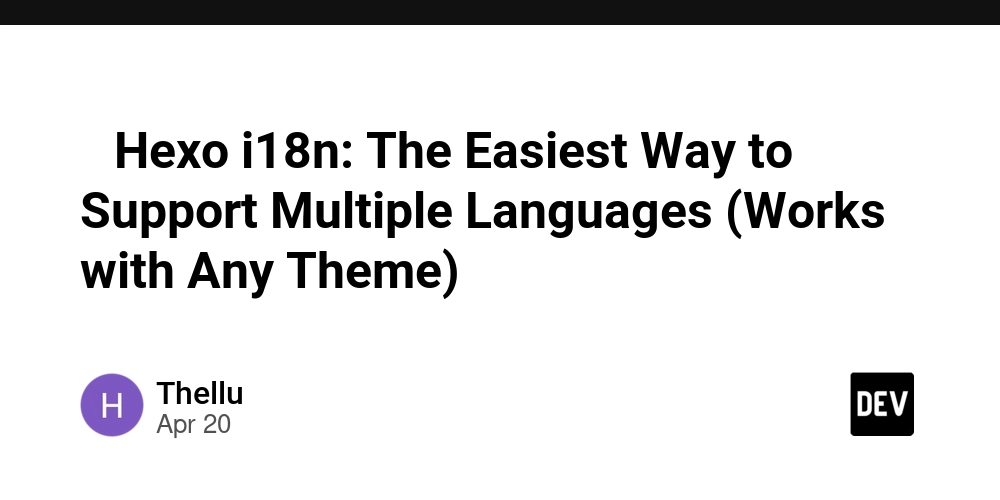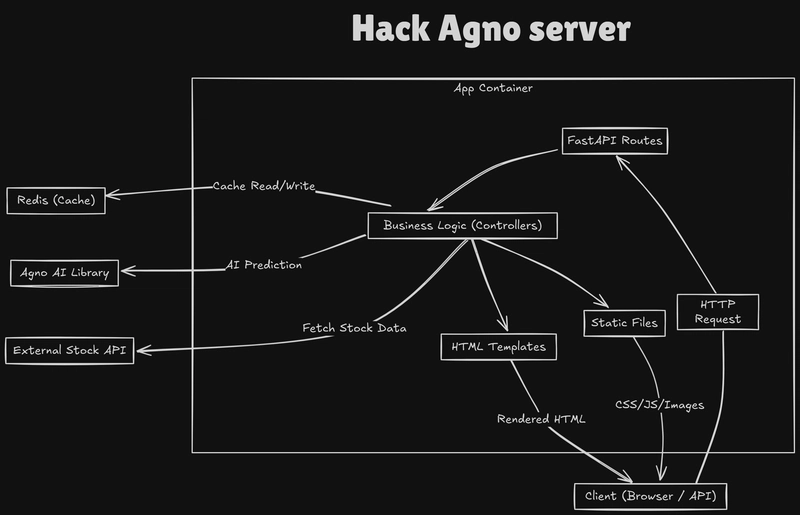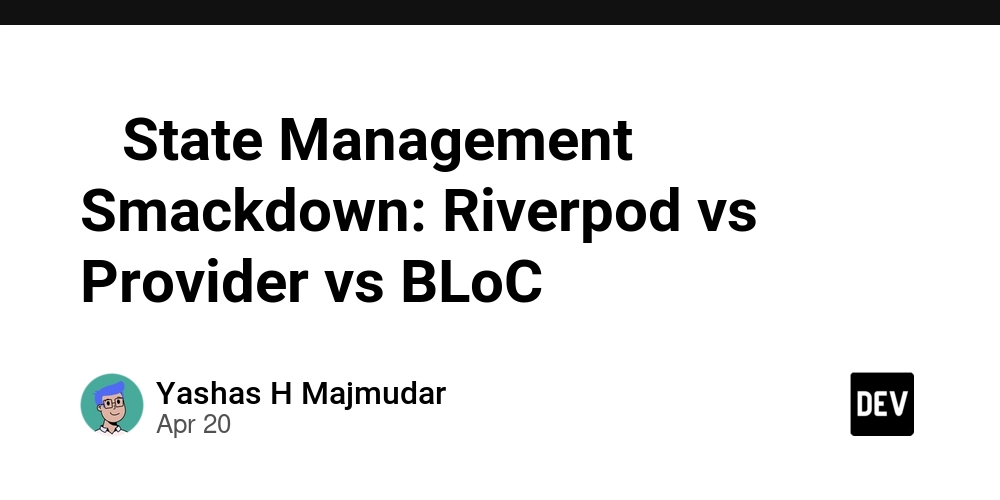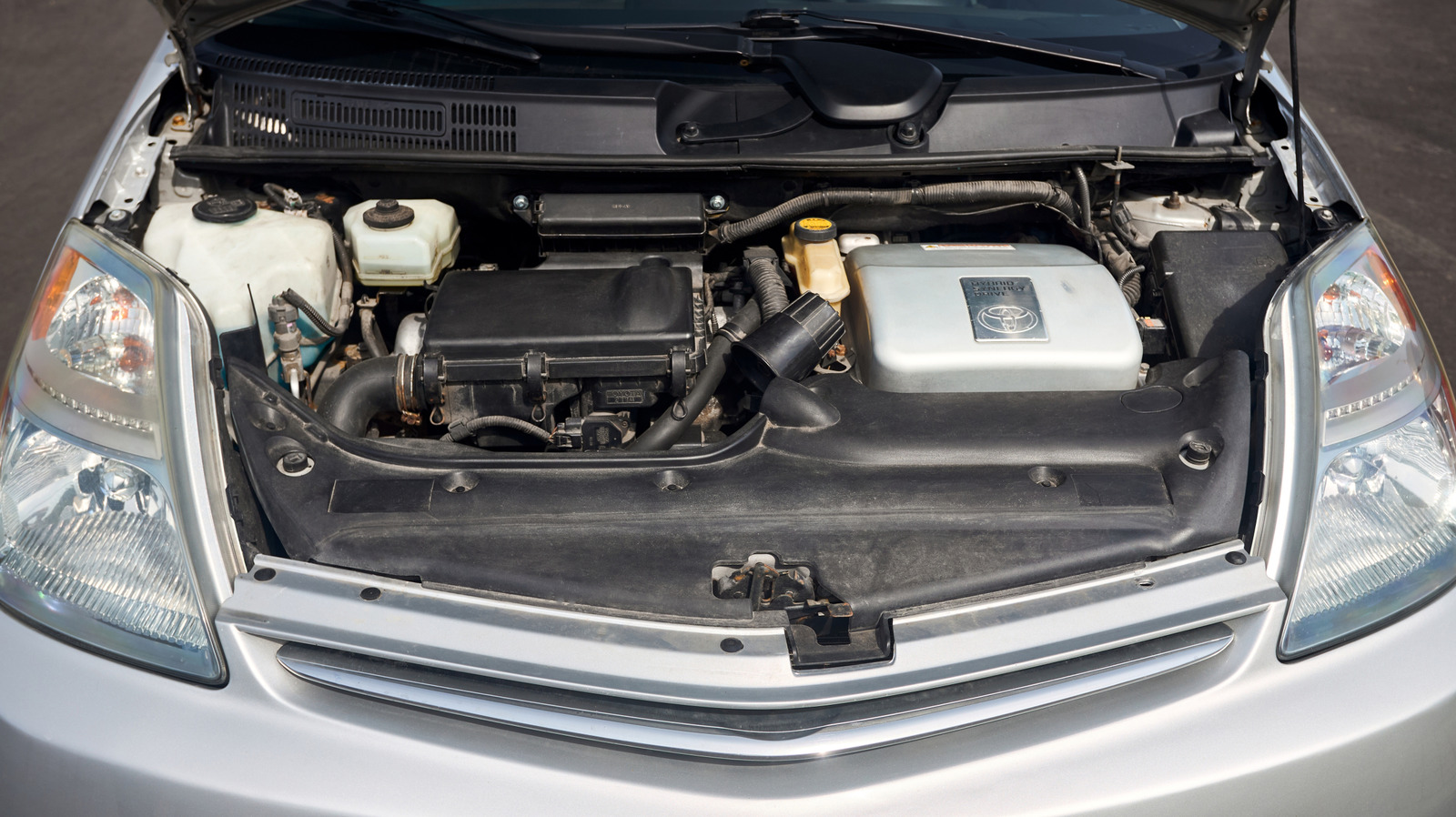Why America needs Mike Waltz
An episode in Afghanistan reveals much about Mike Waltz’s character.

If, as Goethe said, you can judge someone's character by how they treat those who can do nothing for them, an episode in Afghanistan reveals much about Mike Waltz’s character. And that story is worth sharing now, as it shines a light on who he is and why America needs him on the front lines.
Waltz, President Trump’s embattled national security advisor, is of course in the eye of a storm right now, as he appears to have added a journalist to a highly sensitive text thread on the messaging app Signal. Some have called for Waltz to resign or for President Trump to fire him.
That would be a terrible outcome for America. In full disclosure, I am biased when talking about Waltz: I featured him in my book about American military heroes, “Valor: Unsung Heroes in Iraq, Afghanistan, and the Home Front.” The book recounts the 2006 incident in which Waltz earned his first Bronze Star with valor and what he did beyond the combat heroics, which reflects even more on his character.
At that time, Waltz advanced America’s effort in Afghanistan in two different capacities. In his “regular” job, he led the Pentagon’s counternarcotics efforts in Afghanistan. He also served as an Army reserve captain, leading a special operations unit.
Waltz’s unit respected him — his senior enlisted medic told me that Waltz was “a high-character type of guy” and “a model officer.” The medic called him a “cerebral” warrior, recalling that, even in the remotest hinterlands, Waltz “always had a copy of Foreign Affairs or The Economist with him.”
On April 28, 2006, Waltz and his team were dispatched to run patrols and disrupt possible insurgent activity in a small village called Kora. Waltz’s unit was paired with an Afghan army squad to train them. The Afghan sergeant-major, named Sumar, impressed Waltz — he was a natural and effective leader.
Waltz remembered a conversation with Sumar during a break in their patrols that day. The two warriors shared stories of their families, with Waltz chatting about his young daughter in the suburbs of Washington, D.C., and Sumar describing his beloved wife and six children in the outskirts of Jalalabad.
Waltz asked why he was willing to risk so much to fight against the insurgents. Sumar described how his father wanted a better life for him, emphasizing the importance of education.
His father worked tirelessly to keep him out of the madrassas, the religious schools that provide poor Afghan boys free room and board, but are often indoctrinating them in Islamic fundamentalism. Sumar’s father understood that the madrassas were a dead-end.
The sergeant-major grew emotional, telling Waltz about his own desire that his boys have better lives than his, which meant avoiding the fundamentalist schools at all costs.
Later that day, the Afghan and American squads continued their patrol through Kora. The sergeant-major was in his usual spot, at the head of the patrol. The 20-man unit was very vulnerable as it wound through a wadi, a dry riverbed with high walls on either side. The situation was very dangerous.
“My Spidey-sense was tingling,” Waltz recalled. As the day turned to dusk, Waltz heard the loud, jarring clanging of someone chambering a bullet. Then all hell seemed to break loose as machine-gun fire burst throughout the riverbed. Waltz saw Sumar drop to the ground.
Waltz’s Spidey-sense was right — they were being ambushed.
As others scrambled, Waltz stood in the middle of the wadi, firing his rifle at three insurgent automatic weapons. Then his rifle jammed. So he grabbed his pistol and shot back with just a handgun.
He had no cover, no grenades and no helmet. The insurgents were basically shooting fish in a barrel, and Waltz was the closest fish.
Eventually, Waltz dove behind a short wall to get some modicum of cover. But then he ran back into the line of fire not once, but twice — to retrieve his night-vision goggles, which had fallen off his face, and later to save Sumar.
As he carried the sergeant-major out of the wadi to a clump of trees, he could feel the man’s belabored breathing. Then the breathing stopped. “He literally died in my arms as I was carrying him out,” Waltz said
For his actions repelling the ambush in the wadi that day, Waltz earned a Bronze Star with valor. The medic who was in the wadi with Waltz that night nominated him for the award. He told me that submitting Waltz for the medal was “one of my proudest moments as a soldier.” For Waltz, the fact that an enlisted man in his team — rather than a superior officer — nominated him had special meaning.
But what sets Mike Waltz apart is what he did after the ambush in Kora.
Soon after Sumar’s death, Waltz learned that his widow had little money, so her boys would be sent to a madrassa, the Islamist schools that Sumar so desperately wanted to avoid. Waltz instantly had a new mission of dedicating himself to providing for the sergeant-major's family to keep his boys from going to a madrassa.
Every few weeks for the rest of his deployment, which lasted five more months, Waltz salted away a month’s salary for Sumar’s family, and an Afghan interpreter from Jalalabad faithfully carried Waltz’s gift to the family on his visits home. Upon returning to the U.S., Waltz orchestrated a mechanism to transfer those funds to the family in a safe and reliable manner — no easy feat, as Afghanistan had little of a modern banking system and no mail.
It took almost a year, but once in place, the process worked well: Waltz wired money from Washington, and Sumar’s widow visited the bank in Jalalabad every month to withdraw the specified sum. Over the years, Waltz sent thousands of his own dollars to Sumar’s family. Sumar’s widow did not know who was sending the money; the interpreter simply told her that it came from a “friendly American” who was with her husband when he died.
This is where Goethe’s quote comes in: you can judge someone's character by how they treat others, particularly those who can do nothing for them. Whether it’s his actions as “the friendly American” or “the cerebral warrior” who led his men as a “model officer,” these events illustrate why America needs Mike Waltz on our proverbial front lines.
Mark Lee Greenblatt is the author of “Valor: Unsung Heroes from Iraq, Afghanistan, and the Home Front.”
